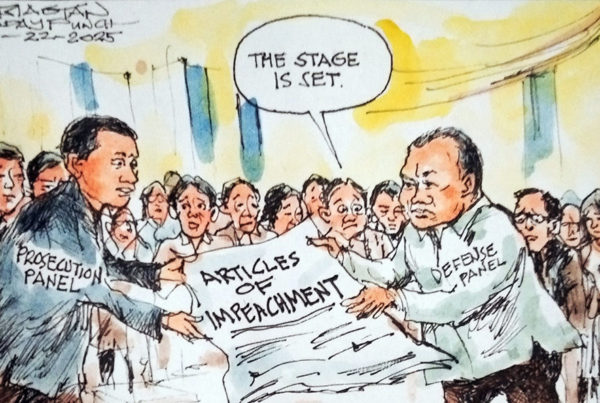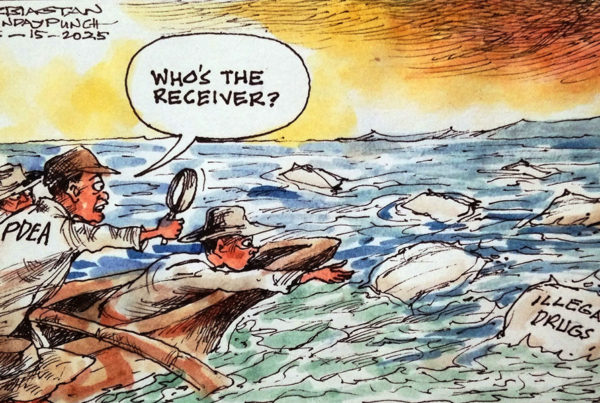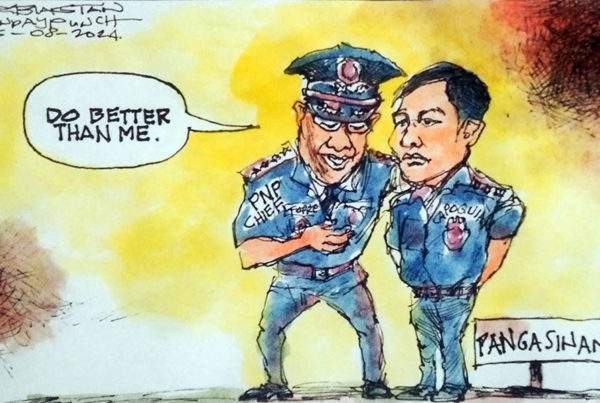Pooled Editorial
Fighting back
MORE THAN half of the 45 reporters, columnists, editors and publishers, the First Gentleman, Jose Miguel Arroyo, has sued for libel have filed a media class civil suit against him last December 28.
The first of its kind in the Philippines, it is a civil as well as class action suit. The 23 journalists/respondents have been joined by other journalists and media and journalists’ organizations, i.e., the Center for Media Freedom and Responsibility, the Philippine Center for Investigative Journalism, and The Daily Tribune.
The class action suit is asking for damages for the anxiety, loss of income, and other inconveniences Mr. Arroyo’s libel suits have allegedly caused. But it also argues that the suits have not only caused the respondents sleepless nights; they also have a chilling effect on press freedom.
The class action suit does not dispute the right of Mr. Arroyo to file libel charges against anyone he believes has wronged him through a libelous imputation. Journalists are also aware that libel suits are part of the media territory. But the sheer number of suits he has filed (10 against 45 respondents) suggests that these are primarily intended to intimidate the press and silence criticism.
Mr. Arroyo claims he has no such intention. He describes himself as a private citizen rather than a public official, despite the fact that there is an Office of the First Gentleman maintained by public funds – and despite the influence and power he wields as the President’s spouse.
Libel is a criminal offense in the Philippines. A journalist can be arrested for libel, and, if found guilty, sentenced to a prison term and made to pay damages that can run into the millions.
Last month, one of the journalists Mr. Arroyo has sued was nearly arrested in the Malacañang press office itself. She would have spent at least a night in jail if the police had found her there. But it was evident that the attempted arrest was also meant to intimidate her and her media colleagues.
Media and journalists’ organizations have called for the decriminalization of libel to stop such threats to journalists and to press freedom. While the present libel law remains in force, however, the media must fight back and oppose its use as a tool of harassment and as a means of eroding the constitutionally-protected freedom of the press.
Most if not all of the First Gentleman’s libel suits may not prosper. But the subjects of those suits are painfully aware of the context of his actions. They fully remember how Proclamation 1017 allowed the surveillance, harassment, and intimidation of journalists and news organizations. The powerful forces they are confronting have repeatedly struck at the autonomy of the press.
The filing of so many cases against journalists undermines the task of the journalist, so essential to democracy, of monitoring government and holding powerful figures to account. It is in recognition of the damage the Arroyo suits have wreaked that the civil suit is being pursued by the complainants.
But the damage Mr. Arroyo’s suits against journalists has caused and may further cause is not limited to the erosion of press freedom. They are also a threat to Philippine democracy, given the crucial role of the press in behalf of the sovereign citizenry. This intimidation must be stopped, not only for the sake of press freedom, but for the sake of democracy itself.
Share your Comments or Reactions
Powered by Facebook Comments










